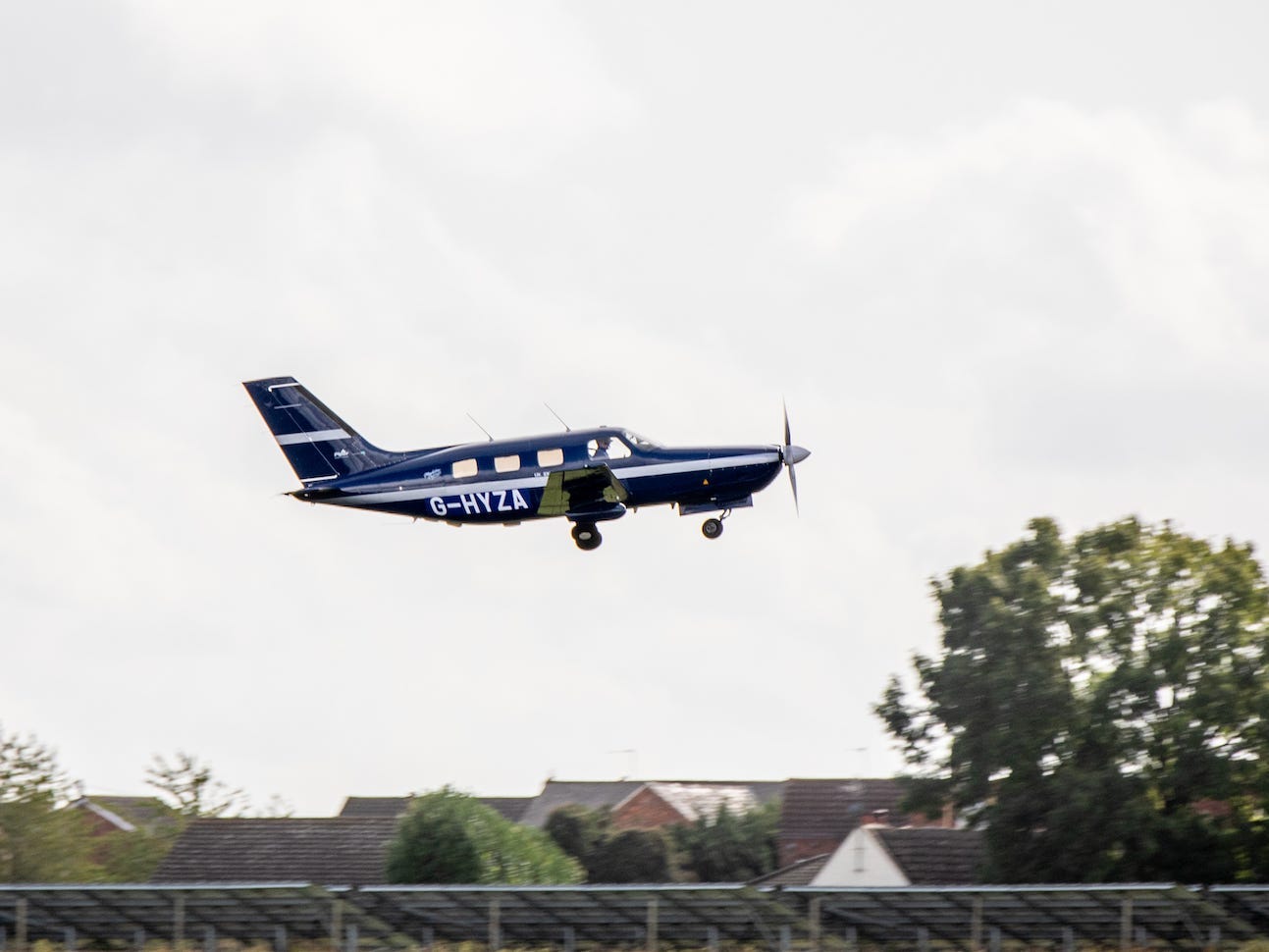- For an industry based entirely on the arrival of a new kind of aircraft, many technological and logistical hurdles must be cleared.
- Those include battery tech, business plans, and the role drones must play before flying cars can take off.
- The good news is that heaps of startups are working on these problems — and we’ve rounded up the best contenders to deliver the future of flight.
Though investment opportunities abound in the world of aerial mobility – for those patient enough to play the long game – staying abreast of the key technological challenges still standing in the way of viable, widespread electric air taxi service is important. It helps to temper expectations and filter out the hype.
This is especially true because the industry is having a bit of an early reckoning, with instigator and cheerleader Uber offloading the Elevate program that helped spawn the movement back in 2016. Whether you think this is merely the first domino to fall in an effort that’s already incomprehensibly ambitious, or merely an inevitable hiccup – likely one of many – the move reinforces the lesson that nothing in aviation is a foregone conclusion. Supporters may waver, companies may fail, and necessary innovations may not materialize.
For an industry based entirely on the arrival of a new kind of aircraft, using new propulsion technologies and powered by the same batteries that have so far required massive innovation just to push a car 200 miles, many challenges remain-and yes, batteries are a big part of it.
